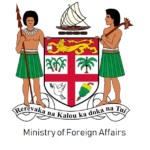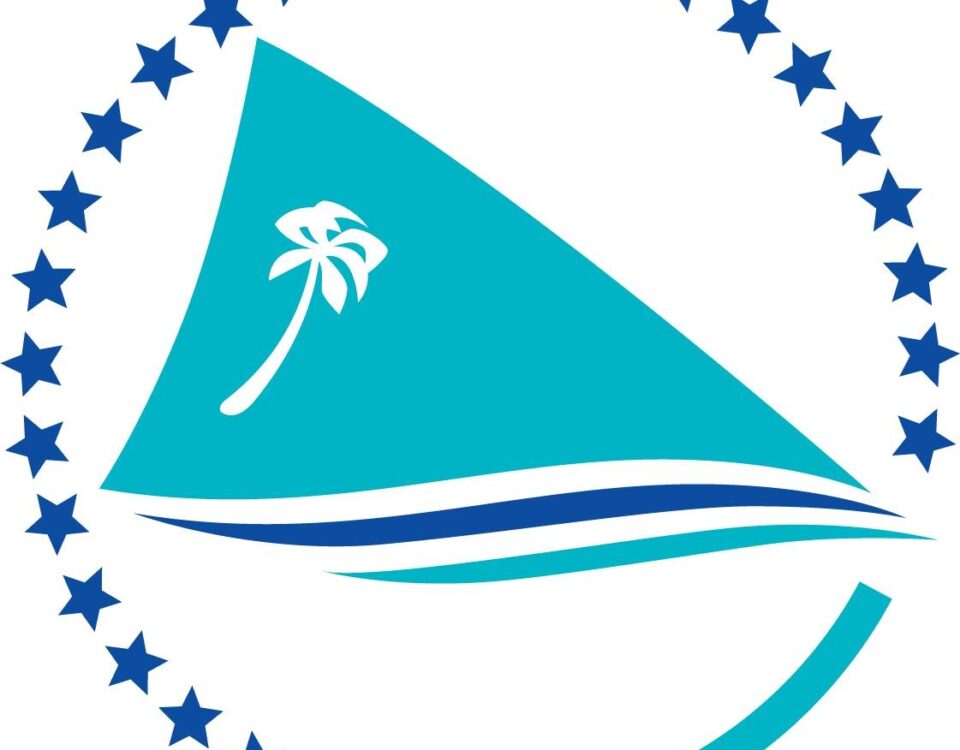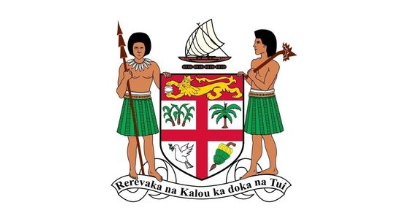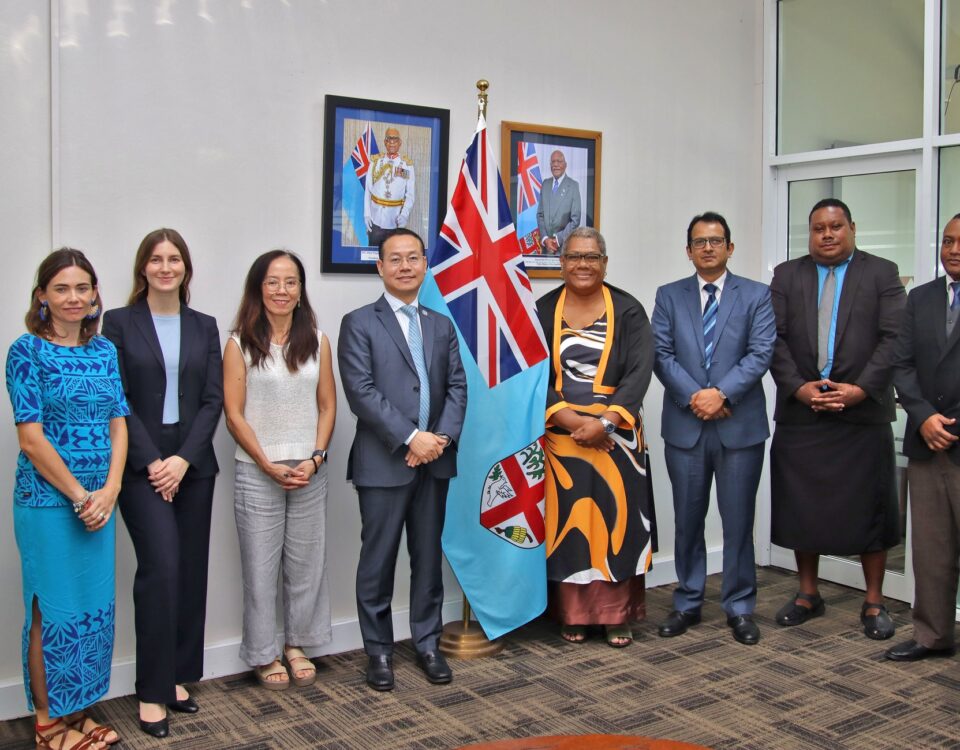
Prime Minister Voreqe Bainimarama’s Statement for the 1st Extraordinary inter-Sessional Summit of Heads of State and Government of the Organisation of African, Caribbean and Pacific States (OACPS)
03/06/2020
Minister Mereseini Vuniwaqa’s Response on the Virtual Ministerial Roundtable on Integrating Gender Equality into Socio-Economic Policy Responses
09/06/2020Published On: 05/06/2020
On 11 March 2020, the World Health Organization classified COVID-19 as a pandemic. By now most of us have experienced firsthand how the, COVID-19 pandemic, impacts our lives – our ability to leave home, work, go to school, or access public services. However, these impacts are not the same for everyone. We know that disease outbreak affects women and men, boys and girls differently, and that pandemics exacerbate gender inequalities. These gender inequalities will have profound impact on the lives of women and girls.
Recognising the extent to which a pandemic affect women and men differently across our Island nations is a fundamental step to understanding the primary and secondary effects of a health emergency on different individuals and communities, and for creating effective, equitable policies and interventions.
Fijian women are making significant and critical contributions to address the COVID-19 pandemic as key front-line responders, counting doctors, nurses, lab workers, midwives, social workers, hospital cleaners, market vendors, food producers, farmers and primary care givers at home. 63% of health workers and 85% of market vendors in Fiji are women, placing them at increased risk and exposure to infection. We can stay home safe, knowing that we can count on them.
Women in Fiji are also overrepresented in the sectors and jobs which are hardest hit by COVID-19– manufacturing, agriculture, hospitality and tourism, health – and in the most vulnerable types of employment with the least protection, such as workers in the informal employment, including the self-employed, domestic workers, daily wage workers and contributing family workers.
Since the outbreak of COVID-19, reports of Violence against Women and Girls (VAWG), particularly domestic violence has increased across the world.
In Fiji, there has been a significant increase in calls to the domestic violence national helpline.1560 recorded total of 87 calls in February and 187 calls in March. In April we had 527 genuine calls to the national helpline. 66% of the callers were women and 44% men. 54% of calls were domestic violence related and 30% related to COVID-19. Close to 50% of women are reporting a correlation between COVID-19 and an increase of violence, linked directly to the restrictions of movement and economic strains on families.
Fijian Government recognizes the gendered impact of COVID-19, and is prioritizing the importance of gender responsive national response in fighting the effects, which is further compounded by the devastation caused by TC Harold. The Department for Women under Ministry for Women, Children and Poverty Alleviation (MWCPA) has been working closely since the start of the outbreak with relevant stakeholders in advocating and coordinating responses that meet the immediate needs of all women and girls, ensuring to reach those left furthest behind while safeguarding and leveraging gains made on gender equality and women and girls’ empowerment.
On that note, our efforts aimed to place all women and girls at the centre of policy and national response, build capacity of key service providers to prevent VAWG and improve quality of response, strengthen services for women who experience violence during COVID-and build strong advocacy and awareness about increased violence against women and girls during COVID-19 in order to prevent VAWG.
A COVID-19 Response Gender Working Group has been formed to undertake a rapid gender analysis on the impact of COVID-19. The Working Group is led by the MWCPA and includes representatives of civil society and women’s rights organizations as well as UN Women and the Asian Development Bank (ADB). The Working Group developed a Guidance Note to contribute to an effective, gender responsive and coordinated COVID-19 national response and recovery packages. The note highlights the gendered impacts of COVID-19 on selected sectors and important issues.
A Gender-Based Violence (GBV) Working Group has been formed under the Fiji Safety and Protection Cluster to rapidly advance prevention and response to VAWG during emergencies. The GBV Working Group is led by the MWCPA, Fiji Women’s Crisis Center (FWCC) and UN Women and works in partnership with frontline service providers (i.e. Signatories to the Service Delivery Protocol) and other key stakeholders to address gender-based violence. The GBV Working Group has developed information, education, and communication materials such as resource kits and training for frontline health care workers, community workers and helpline, social welfare and other frontline GBV responders during COVID-19. The resource kit provides essential information and key guidance for responding to gender, children and protection related cases and includes a list of emergency numbers, as well as names and numbers of organisations that will be operational during the COVID-19 response period. A national prevention communications campaign also developed by the GBV Working Group, starting with texting messages sent to all users of Digicel and Vodafone; messages from national and community leaders soon to be shared through radio, television and online; as well as posters, stickers and other materials, highlighting prevention messages and promoting services.
The Ministry of Women, Children and Poverty Alleviation (MWCPA) will continue its efforts to lead the development and implementation of a five-year (2020-202) whole of government National Action Plan to Prevent Violence against Women and Girls. The five-year National Action Plan will set out short, medium- and long-term measures to prevent violence against women and girls by challenging its underlying root causes.
In conclusion, the COVID-19 response and resilience plans set the stage for a series of what could be some of the most important and transformative policy decisions that the world has the opportunity to enact. This is our moment to advocate and build a system that is capable of delivering gender equality.





